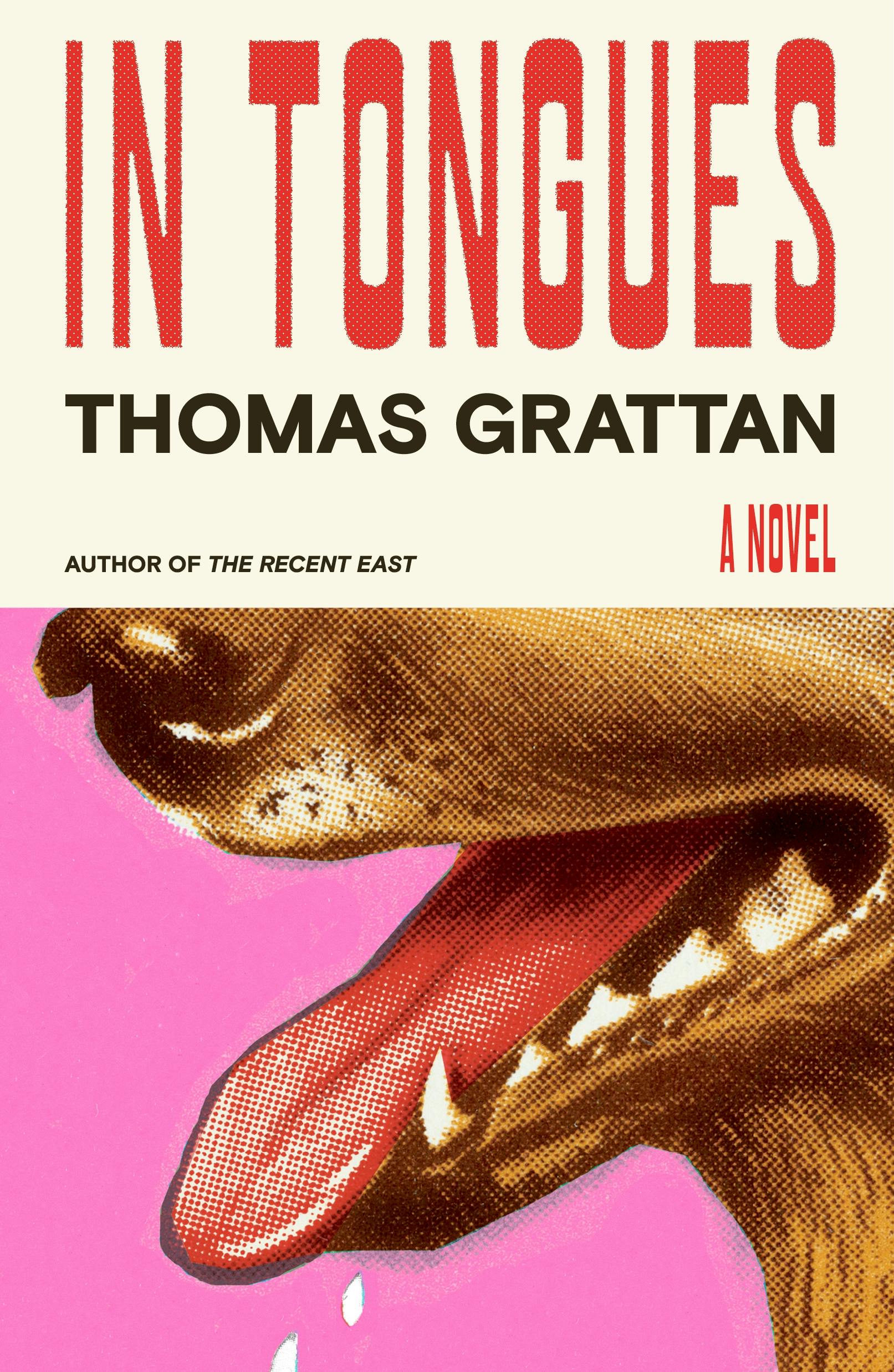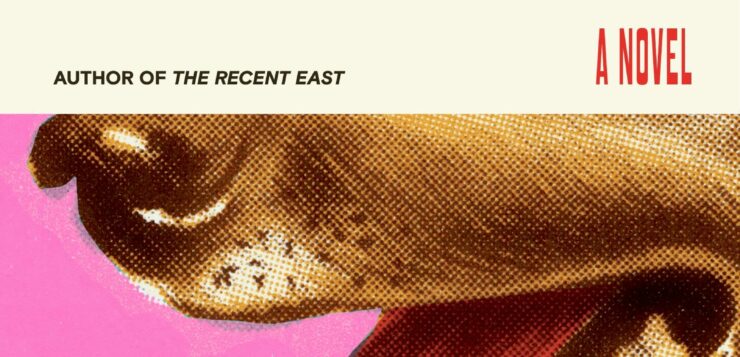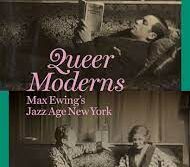 IN TONGUES: A Novel
IN TONGUES: A Novel
by Thomas Grattan
MCD (Farrar, Straus and Giroux). 288 pages, $28.
EVERY SO OFTEN, you find a novel that’s so fun, so substantial and satisfying in every way, that you want to rush right out and tell everyone to read it. Such a novel is Thomas Grattan’s In Tongues.
As the novel opens, we meet young Gordon, aimless and directionless since being dumped by his boyfriend, as he decides on a whim to completely change his life. Hopping a bus and riding overnight from Minnesota all the way to New York City, he casts about briefly before meeting his new best friend, Janice, the sympathetic bartender at a local pub. Gordon’s relationship with Janice is the stuff of every gay man’s best lesbian friend. A straight-shooter, Janice calls his bluff by holding up a mirror to Gordon’s weaknesses and occasional self-involvement.
A referral from one of Janice’s friends leads him to a job as a dog walker, which leads him, in turn, into the lives of two wealthy art dealers, Nicola and Philip. Grattan is skillful at nailing down his characters in just a few lines of dialogue. Philip and Nicola are a case in point. Older, wealthy, and casually cruel as only the truly wealthy can sometimes be, they hire Gordon as an “assistant,” but in effect he’s just another art object in their lives, a thing they can pick up and play with until they tire of it and move on to the next shiny thing. Thus Gordon is something between a servant and a kept man, or between a favored nephew and a sex toy. When Phillip tells him he should get an expensive scarf, Gordon replies: “I don’t know that I could afford it.” And then, silence: “Philip didn’t reply, and I felt the stifling weight of the rules I didn’t know, though even as I pictured the sad, clueless version of me that I cultivated and blamed, I understood that in mentioning my slender means I was fishing for his interest or assurance or a touch on the arm.”
This combination of financial and emotional neediness is a key to Gordon’s ill-defined personality (in stark contrast to Philip and Nicola’s acidly etched personas). In youth, Gordon suffered serious injuries as a result of a car crash while riding with his father. (His father missed a stop sign, then subsequently and permanently denied it was there, though Gordon knows it was.) This event becomes a symbol for the neglect and denial that Gordon feels while growing up, and part of what he’s searching for in the bland and occasional attentions of Philip and Nicola. Gordon’s parents eventually split up, and his father finds religion in a Pentecostal church, where the sight of his father unintelligibly (and frighteningly) speaking in tongues becomes yet another symbol of Gordon’s incomprehension of the world around him. But even as he finds a kind of comfort in the attentions of Philip and Nicola, Gordon finds himself in a curious personal and sexual limbo as he tries to anticipate their needs, at one point climbing into bed and remembering “the way [Philip] stood in his bathrobe that afternoon so I didn’t know what he planned to do with me.”
But gradually he gains an awareness of his own perilous state: “’You’re not an aspiring artist?’ someone asks. “I’m not an aspiring anything,’” Gordon replies. As he makes his way through a series of other amorous adventures and events—still attempting to maintain a relationship with Philip in particular—novelist Grattan slyly depicts Gordon mastering the words “I’m sorry” in multiple tongues. Gordon also begins to speculate on whether “there was a way out of selfishness, or if turning that idea over and over was just another way to keep staring at my own reflection.” The journey is a slow but steady one: “I found a cheap room so far out in Brooklyn that I had to take a bus to the subway, in a house rented by three PhD students. I wanted to sleep with one of them, though I know better than to try. That felt like growth to me.”
Wisely, Grattan never allows the novel to devolve into a facile indictment of an egregiously rich couple for whom Gordon is merely another objet d’art. Indeed, Gordon’s relationship with Philip becomes central to Gordon’s growth as a person, and contains at its heart real love. Funny, ultimately moving, smartly written, and insightful, In Tongues speaks a message well worth listening to, in the voice of a fine novelist.
_______________________________________________________
Dale Boyer is the author of The Dandelion Cloud and many other works.





